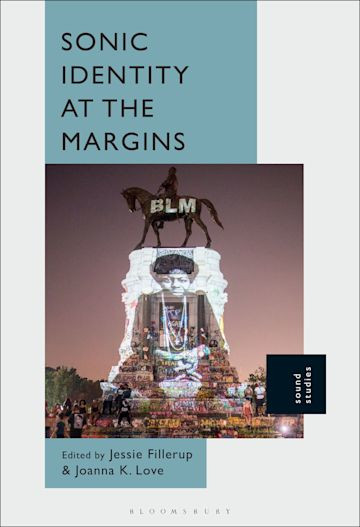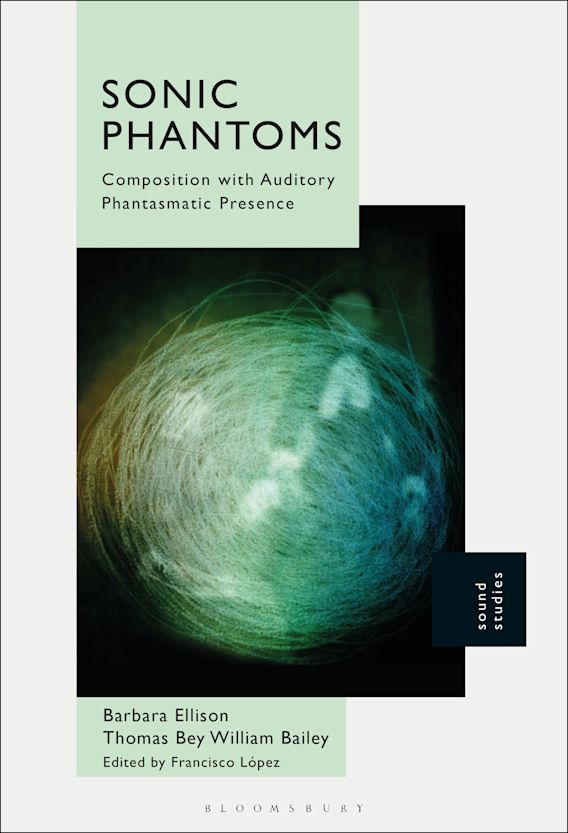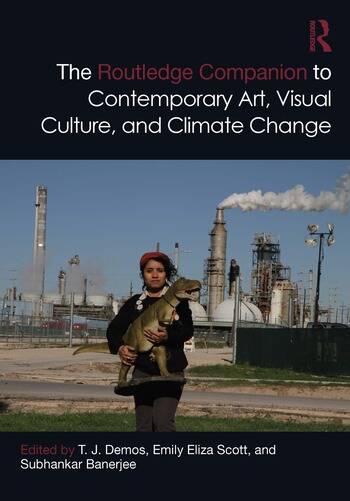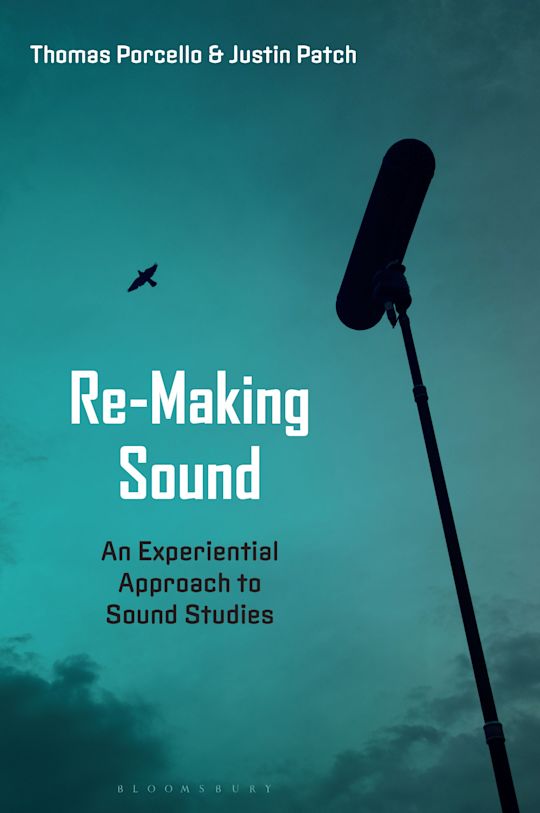Jessie Fillerup & Joanna K. Love - Sonic Identity at the Margins
Exploring relationships between sound and various markers of identity-including race, gender, ability, and nationality – the authors explore challenging, timely topics, including the legacies of slavery, indigeneity, immigration, and colonial expansion. In heeding recent calls to decolonize music studies and confront its hegemonic methods, the authors interrogate privileged perspectives embedded in creating, performing, and listening to sound, as well as the approaches used to analyze these experiences.
Sonic Identity at the Margins convenes the interdisciplinary work of 17 academics, composers, and performers to examine sonic identity from the 19th century to the present. Recognizing the myriad aspects of identity formation, their methods range from personal accounts and embodied expression to archival research and hermeneutic interpretation. They examine real and imagined spaces-from video games and monument sites to films and depictions of outer space-by focusing on sonic creation, performance, and reception. Drawing broadly from artistic and performance disciplines, the authors reimagine the roles played by music and sound in constructing notions of identity in a broad array of musical experiences, from anti-slavery songsters to Indigenous tunes and soundscapes, noise and multimedia to popular music and symphonic works.
Table of Contents
List of Illustrations
Contributors
Introduction to Sonic Identity at the Margins
Joanna K. Love, University of Richmond, USA, and Jessie Fillerup, University of Richmond, USA
Part I: Hearing Race and Place
1. Mapping Sonic and Affective Geographies in Richmond Virginia
Andrew McGraw, University of Richmond, USA
2. Musical Indianism: Reassessing the Archive
Victoria Rose Clark (Nanticoke), Independent Scholar, USA
3. Reconsidering “Rhythm” as Cultural Marker in Black String Band Music
Landon Bain, Independent Scholar, USA
4. “The Year of Jubilee is Come”: Metatextual Resonance in Antislavery Hymn Parodies
Erin Fulton, Independent Scholar, USA
5. Accidental Alterity in Messiaen’s Quatre études de rythme
David Wolfson, Hunter College, USAPart II: Sounding “Otherness” in Contemporary Media
6. Decolonizing Game Audio and Approaching Sound in Digital Storytelling
Kate Galloway, Rensselaer Polytechnic Institute, USA
7. Finding Home in the Unknown: Sounding Self-Determination from the Streets to the Void
Andrew J. Kluth, Case Western Reserve University, USA
8. Colonial Encounters, Alien Languages, and the Exotic Music of Denis Villeneuve’s Arrival
Paige Zalman, Independent Scholar, USA
9. Decolonizing Disability: “Muteness,” Music, and Eugenics in Screen Representation
James Deaville, Carleton University, Ontario, Canada
10. Hearing Borderline Personality Disorder in Crazy Ex- Girlfriend
Jessie Fillerup, University of Richmond, USA, and Joanna K. Love, University of Richmond, USA
Part III: Performing Identity
11. Shirish Korde on Intercultural Composition
Christopher Chandler, Union College, USA
12. Sonic Dismantling, Appropriation, and Confederate Monuments
David Kirkland Garner, University of South Carolina, USA
13. The Lanna Dream: Reflections of Constructed Identities
Waewdao Sirisook, Chiang Mai University, Thailand, and Abbas Rasul, Independent Scholar, Chiang Mai, Thailand
14. American Blackness in Berlin: Race and Nationality in Contemporary Jazz Performance
Bertram D. Ashe, University of Richmond, USA
15. Remaking Traditions and Rehearing the Self: A Conversation with Reena Esmail
Christopher Chandler, Union College, USA
Acknowledgments
Index
Paperback, published in 2023, 312 pages, 32 illustrations in black & white.
€36.00








